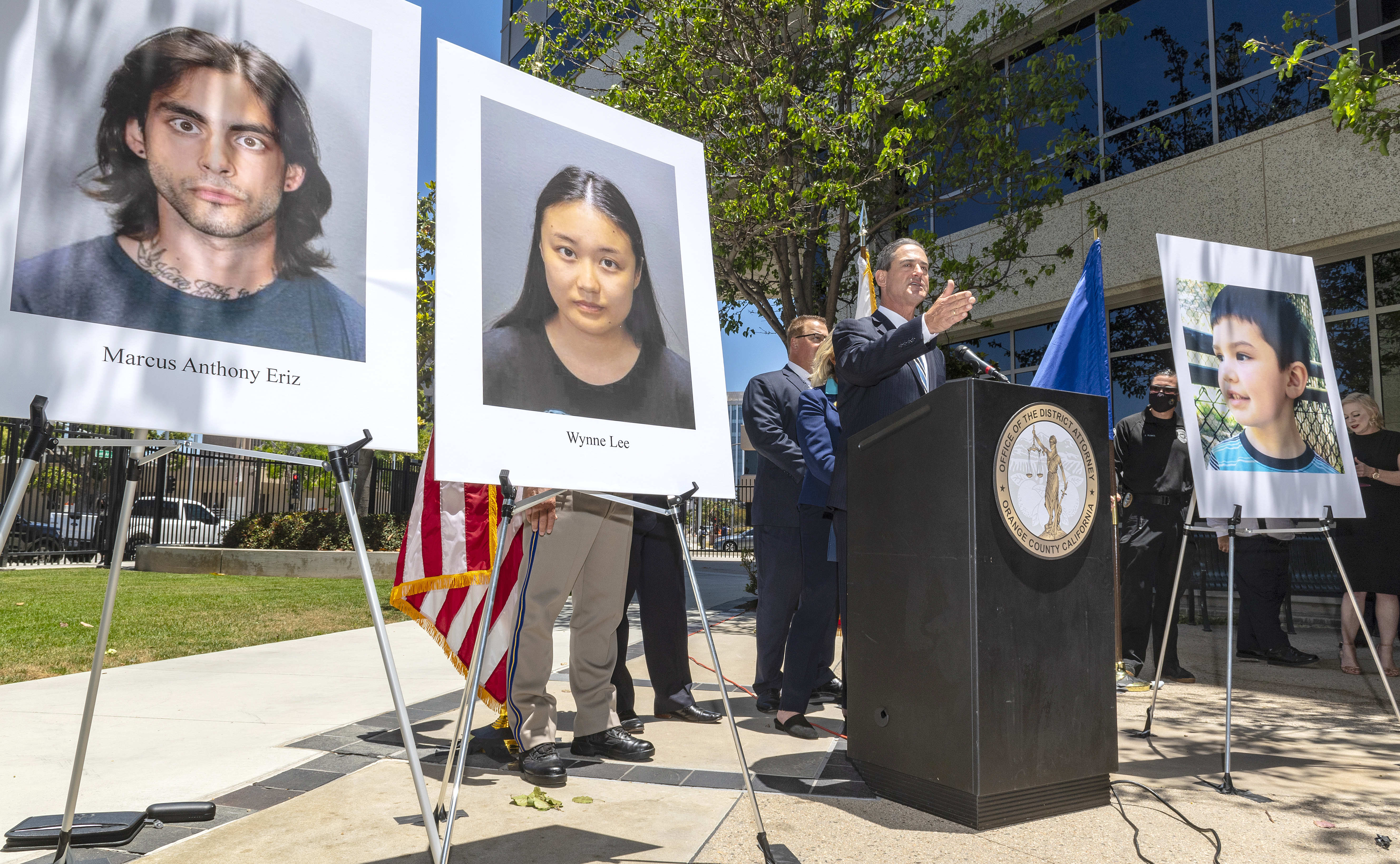California state legislator Jimmy Gomez can count a lot of advantages in his bid to claim a vacant U.S. House seat Tuesday, including the blessing of the state Democratic establishment and a political committee inspired by Bernie Sanders.
But his runoff against fellow Democrat Robert Lee Ahn in the 34th Congressional District has been made competitive by an energized Korean-American community that wants to see Ahn become the first Korean in Congress in nearly two decades.
The special election in the heavily Democratic district that runs through downtown Los Angeles will not change the balance of power in Congress. The seat was held for years by Xavier Becerra, another Democrat who stepped down after being appointed state attorney general.
Rather than party rivalry, the contest, for which a low turnout is expected, has been influenced by racial politics.
Ahn, 41, the son of Korean immigrants, has emerged as a favorite in the district's bustling Koreatown neighborhood. Gomez, 42, the son of Mexican immigrants, is hoping to win a district where half the voters are Latino, compared with a relative sliver of Asian voters.
Ahn is part of what could be described as a political breakout for Koreans, who have not had one of their own in the U.S. House since the late 1990s.
Two years ago, David Ryu became the first Korean-American to hold a City Council seat in Los Angeles. Steven Choi, who was born in South Korea, was elected to the state Assembly in 2016.
News
Top news of the day
As two Democrats, the two candidates share similar ideas on health care, immigration and resistance to President Donald Trump.
Gomez has emphasized his legislative know-how and broad support within the party ranks and from organized labor. Ahn, a lawyer and former Los Angeles planning commissioner, has embraced the role of an outsider who wants to shake up politics as usual.
The two Democrats emerged closely matched from a crowded April primary that sent the top two vote-getters to the general election, regardless of party. Gomez snagged 25 percent of the votes, with Ahn at 22 percent.
Gomez is more familiar to voters — his state Assembly district overlaps with parts of the congressional district, which sits mostly within the boundaries of Los Angeles.
Early mail-in ballots suggested a strong turnout by Koreans. However, Asians make up only about 15 percent of the roughly 300,000 registered voters in the district, which was carried by Bernie Sanders in last year's Democratic presidential primary.
Republicans account for less than 10 percent of voters.



